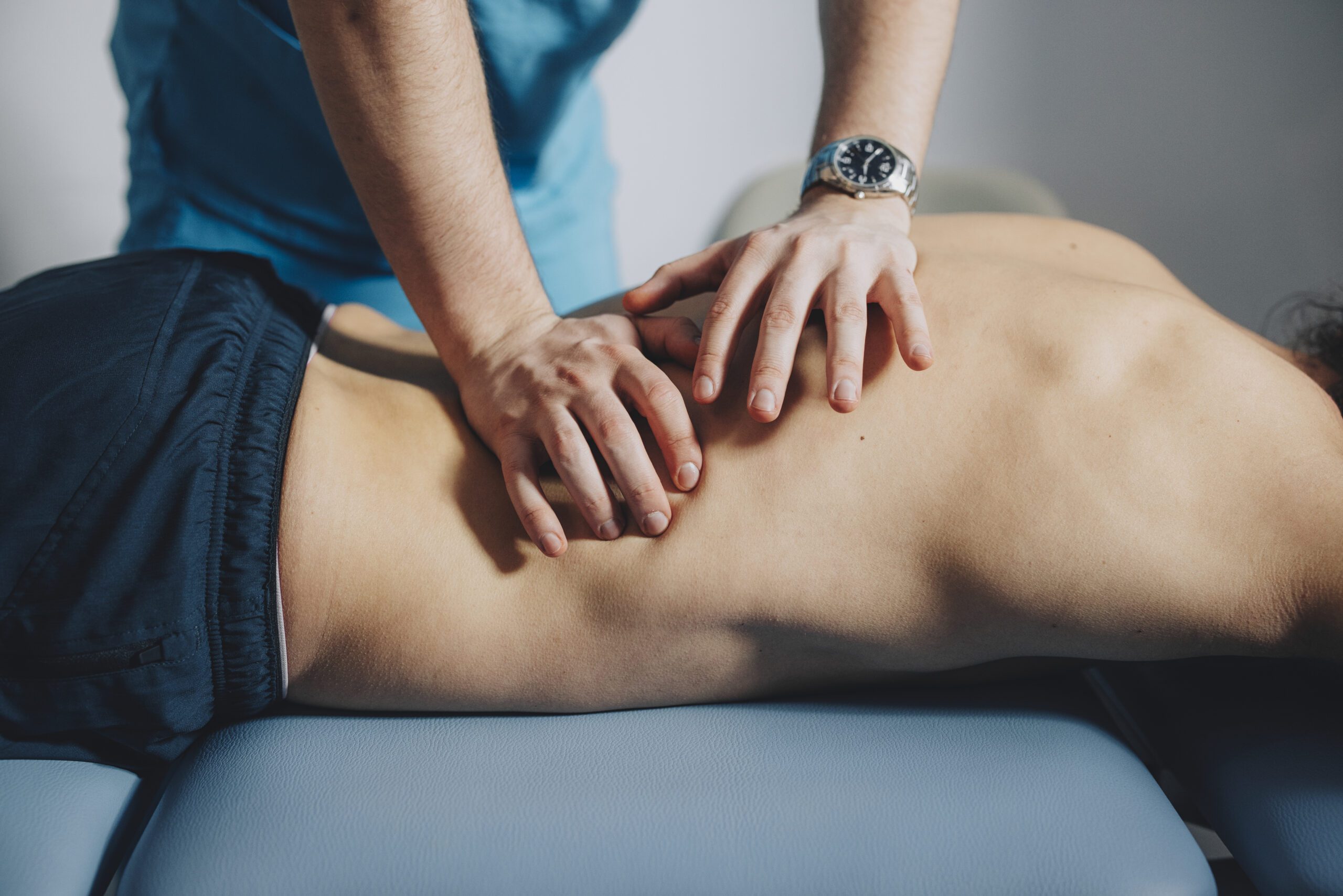Sports Injuries
Sports Injury Treatment
Do you have a sports injury? Below you’ll find everything you need to know about different types of sporting injuries, what to do next and where to seek help.






What Is A Sports Injury?
A sporting injury is any injury caused by physical activities, playing sports or exercising. Generally musculoskeletal, they occur to muscles, bones, ligaments or tendons. Most common injuries are strains or sprains, caused when ligaments are stretched past their limits.
Here are the most commonly reported sports injuries:
- Ankle sprain
- Hamstring strain
- ACL tear (knee)
- Epicondylitis (tennis elbow)
- Patellofemoral syndrome (knee)
- Shin splints
Why Do Sports Injuries Occur?
Sports injuries are often a result of:
- Severe trauma
- Faulty biomechanics
- Poor training practice
- Improper equipment
- Lack of warm-up or stretching
- Poor flexibility
- Muscular weakness
- Fatigue
Treatment For Sports Injuries
How an injury is treated depends on whether it is an acute injury, or a chronic injury.
An acute injury is one that appears suddenly and is usually linked with some kind of trauma. It will often cause sudden pain, swelling, lack of mobility, weakness and tenderness.
P.R.I.C.E. is a recommended approach to treating an acute injury.
P – Protect the area from further injury, using a support or bandage
R – Rest the injured joint or muscle
I – Ice the injury using packs or cooling bandages for the first 72 hours after it occurs
C – Compress the area to limit swelling and unwanted movement
E – Elevate the injured area to encourage fluid to drain away and reduce swelling
Severe acute sporting injuries might require a visit to your local Urgent Care Centre or A&E department. For strains, sprains and soft tissue injuries, our osteopaths and physiotherapists can help you manage symptoms of pain and advise on the best route to full recovery.
A chronic injury is a long-standing condition, usually caused by overuse over a period of time. Chronic injuries include arthritis, tendonitis, RSI, tennis elbow and runners knee. They are often accompanied by swelling, tenderness and long-lasting pain.
Chronic injuries are best managed with the advice of a healthcare professional. Our team of osteopaths and physiotherapists will work with you to reduce pain using adjustments, manipulation to the area, injury massage, deep tissue massage, deep tissue release and mobilisation. They’ll also advise on lifestyle modifications and supplementation to help speed up recovery and reduce the chances of the injury reoccurring. If necessary, your practitioner may refer you to a specialist or consultant.
Preventing Sports Injuries
Some injuries are unavoidable, however, there are ways that you can reduce your chances:
- Always warm-up before exercising and cool down afterwards. Your therapist will be able to tell you the best pre and post-workout stretches for your specific activity.
- Don’t push your body too far beyond your current fitness level, flexibility or limits.
- Use the appropriate equipment and clothing for your activity.
- Cross-training and varied exercise helps balance your body’s biometrics and prevents overuse injuries in specific muscle groups.
- Talk to your practitioner if you need tips on specific sporting injuries such as football injuries or rugby injuries.
Contact Us
For more information, call your local clinic on the number below.
Leeds: 0113 345 5060
Manchester: 0161 503 5656
